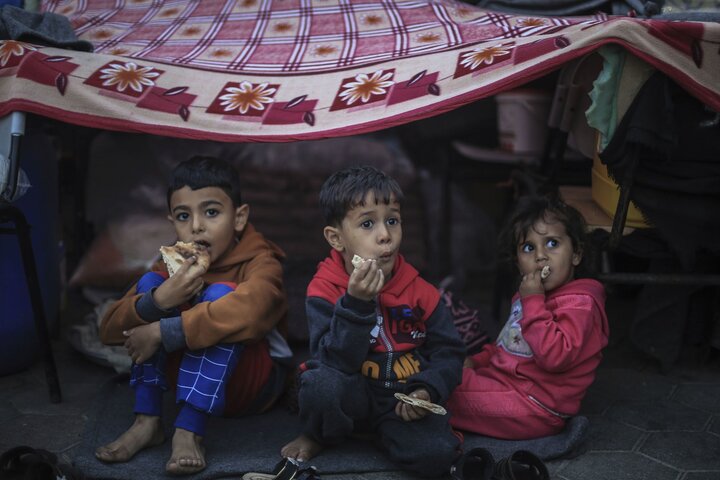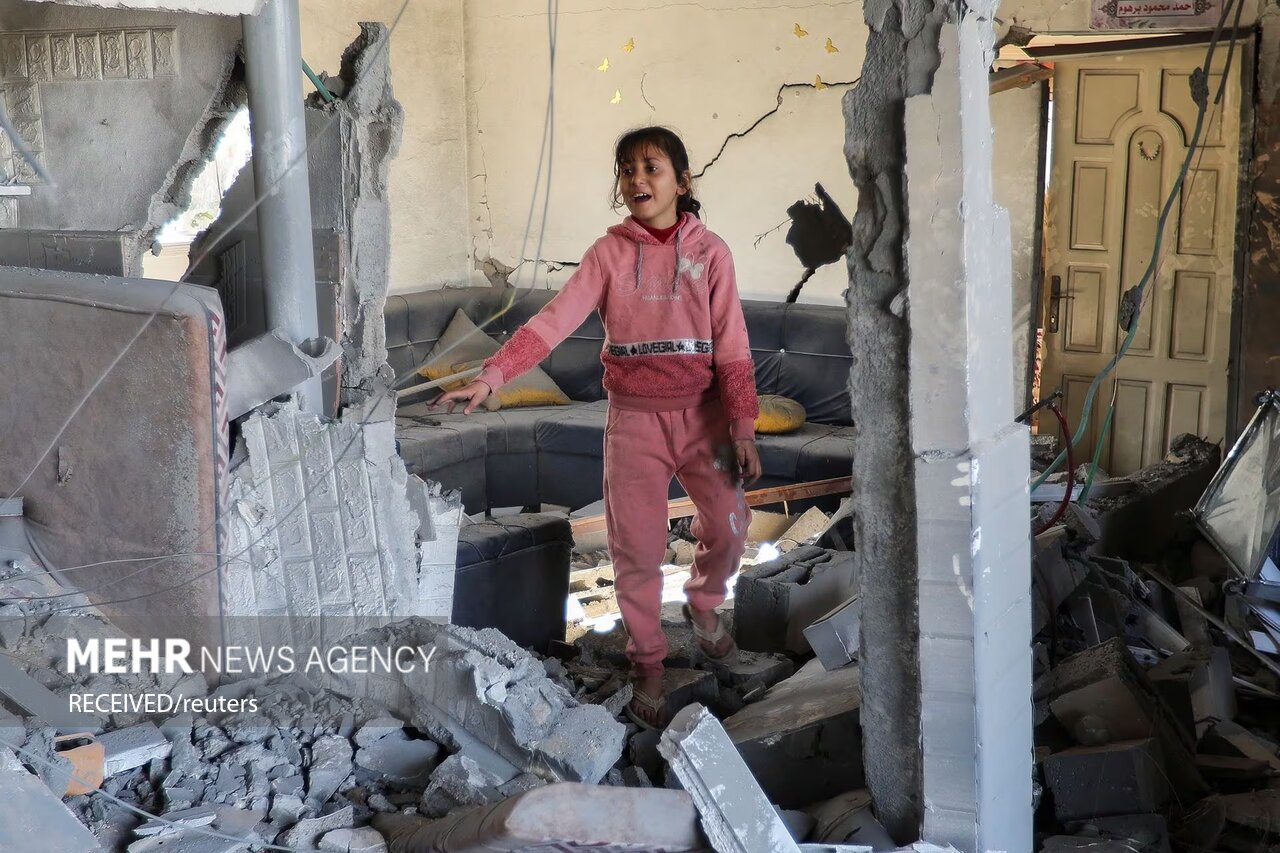
Gaza is by far the most dangerous place in the world to be a child and deaths of youngsters from disease will likely surpass those from bombardment in the absence of a ceasefire, the UN Children’s Fund (UNICEF) has warned.
The conflict has damaged or destroyed essential water, sanitation, and health systems in the Gaza Strip, and has limited the ability to treat severe malnutrition.
Moreover, displaced children and their families are unable to maintain the necessary hygiene levels needed to prevent disease, given the alarming lack of safe water and sanitation, with many resorting to open defecation.
Meanwhile, the very few functioning hospitals are so focused on responding to the high number of patients injured in the conflict that they are unable to treat disease outbreaks adequately.
Since the outset of the conflict, UNICEF has been delivering vital supplies to the Gaza Strip, including vaccines, medical supplies, hygiene kits, and ready-to-use infant formula.

UNICEF has also delivered fuel, water, water tanks and jerry cans, mobile toilets, tarpaulins, tents, winter clothes, and blankets.
Children in the Gaza Strip face a deadly triple threat to their lives, as cases of diseases rise, nutrition plummets, and the escalation in hostilities approaches its fourteenth week.
Thousands of children have already died from the violence. In contrast, living conditions for children continue to rapidly deteriorate, with increasing cases of diarrhea and rising food poverty among children, raising the risk of mounting child deaths.
“Children in Gaza are caught in a nightmare that worsens with every passing day,” said Catherine Russell, UNICEF’s Executive Director.
“Children and families in the Gaza Strip continue to be killed and injured in the fighting, and their lives are increasingly at risk from preventable diseases and lack of food and water. All children and civilians must be protected from violence and have access to basic services and supplies.”

Cases of diarrhea in children under five years of age rose from 48,000 to 71,000 in just one week starting 17 December, equivalent to 3,200 new cases of diarrhea per day. The significant increase in cases in such a short timeframe is a strong indication that child health in the Gaza Strip is fast deteriorating.
Before the escalation in hostilities, an average of 2,000 cases of diarrhea in children under five were recorded per month. This recent climb represents a staggering increase of about 2000 percent.
UNICEF is particularly worried about the nutrition of over 155,000 pregnant women and breastfeeding mothers, as well as more than 135,000 children under two, given their specific nutrition needs and vulnerability.
With every passing day, children and families in the Gaza Strip face increased risk of death from the sky, disease from lack of safe water, and deprivation from lack of food.
Even wars have rules. No child should be cut off from essential services, nor fall from the reach of humanitarian hands.
Reported by Tohid Mahmoudpour







